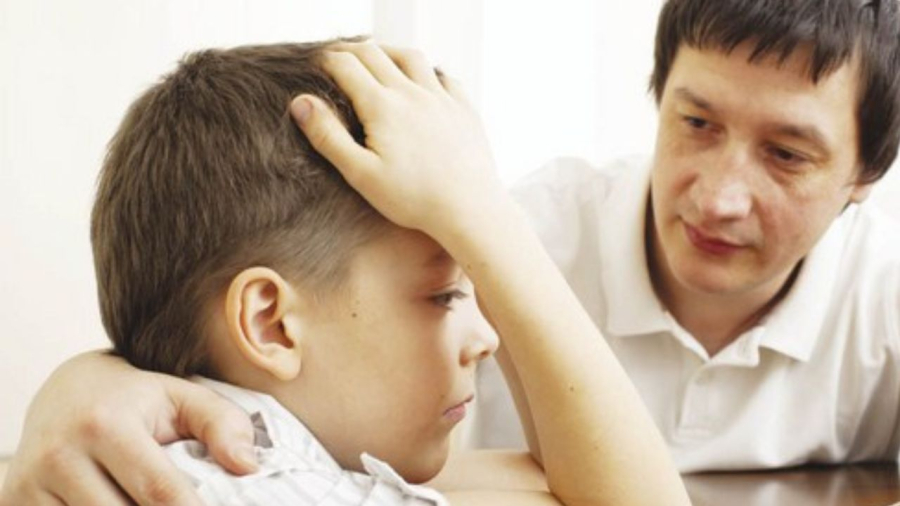Everyone knows that honesty is a good and beautiful quality, and the opposite of honesty is lying. When children lie, it not only forms a bad character, but when children lie, you will not know the truth of your child to be able to solve the problem together in the best way. Many parents trust that they do not realize that their children are lying, so when they discover it, they have become a difficult liar to fix.

Why do children lie?
We often think that children lie because they want to get what they want, avoid responsibility. But there are other reasons like children have a new and unfamiliar idea and don’t want their parents to know yet so they don’t want to tell the truth. Insecure babies can also lie to make themselves look good. Sometimes children lie because they don’t want their parents to worry because they are experiencing anxiety. Many children lie because of impulsivity, especially children with attention deficit hyperactivity disorder also lie. Sometimes children imagine that they have done that and speak as if it were true and are considered to be lying.
Levels of lying in children
Level 1: When children lie to get attention. It could be because the child is insecure and wants to get attention from others.
Parent’s approach: When a child lies without causing harm to anyone, it is not a serious issue, you can ignore it and redirect the child to something more positive
Level 2 lie: The child exaggerates a story belongs to the second level of lying
Parent’s approach: Tell the child that it seems unlikely, ask the child to tell you what really happened.
Level 3 lie: Children lie about doing homework, about where they have been. This type of lie has consequences
Parent’s approach: When you discover that your child is lying, let the child fix the consequences. If the child lies about not having homework, when you discover it, suggest that the child has to do all those exercises.
If the child hits another child, the parent asks the child to apologize. At this level 3 of lying, you need to explain to the child the consequences of lying and make the child responsible for that lie.

Parents need to avoid the following after handling children who lie:
Sometimes you need to be direct with your child that you know your child is not doing homework, explain to your mother why. However, do not quickly conclude from lying because they can become a big wound with the child becoming a long-term insecure guilt.
To guide a child back to honesty, you should not mention the word lie and should not criticize harshly because the child will be afraid and will find ways to avoid the next one. In addition, harsh criticism makes the child feel bad about themselves and can form a habit of lying.
Parents also need to be patient to understand the reason why children lie in order to handle it, do not hurry to conclude and show disappointment.
Encourage honesty and praise your child every time they are honest. When your child makes a mistake, instead of criticizing, listen to your child’s explanation and find a solution together.
































